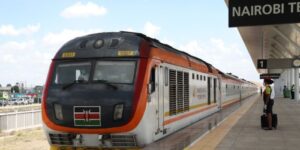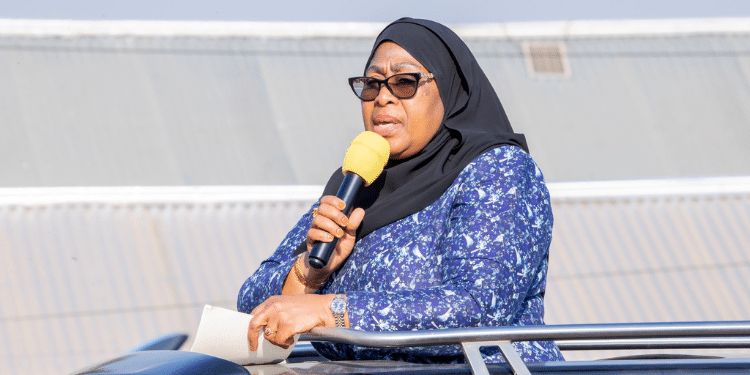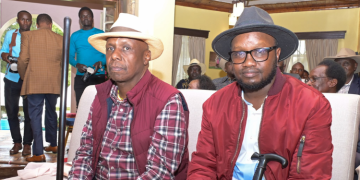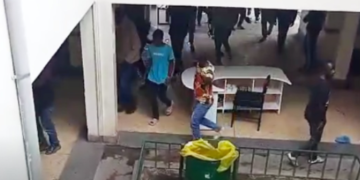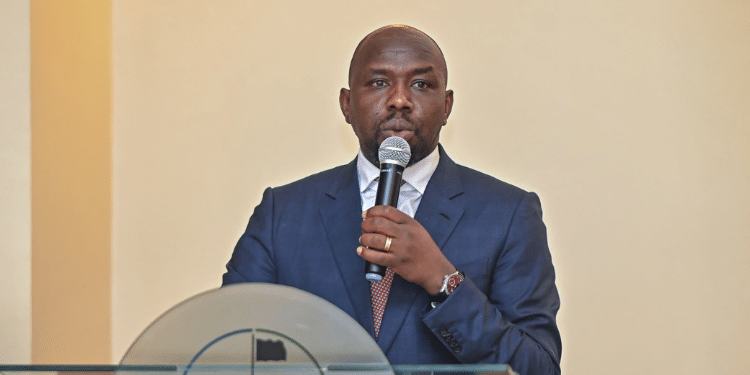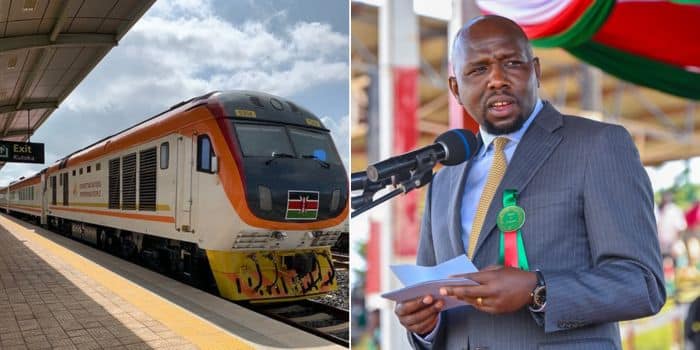Transport Cabinet Secretary Kipchumba Murkomen has secured a Ksh380 billion for the expansion of the Standard Gauge Railway (SGR) to Kisumu.
In a statement on Monday, September 18, Murkomen noted that the SGR was one of the many projects in the country earmarked for private investment.
The railway is set to be extended from Naivasha to Malaba in Uganda through Kisumu in the Phase 2B of the project.
According to Murkomen, the Kisumu-Malaba railway line is expected to cost Ksh122.9 billion.

Moreover, the CS revealed that the move came after successful talks between the government and the African Development Bank.
“We are in the process of acquiring a 500-meter-wide corridor on either side of the corridor for the development of logistic hubs and industrial parks along the corridor,” CS Murkomen stated.
“There is need for development of Inland container depots in Moyale, Isiolo and other areas of container depot development. There is also a need for private sector investment for railway development along the corridor,” he added.
Additionally, Murkomen said the government was seeking to take advantage of private partnerships to finance key projects in the country.
“We advertise for private investment in Mombasa port because we recognize the advantages of working with the private sector who have the private capital,” he noted.
SGR Impact So Far
The Standard Gauge Railway (SGR) was officially launched by retired President Uhuru Kenyatta on May 31st, 2017, becoming the most expensive infrastructural project in Kenya’s history.
Moreover, SGR has become the number one travel option for many Kenyans and foreigners commuting from and to Mombasa and Nairobi.
Also Read: SGR Operator Adds more Passenger Coaches with Increased Demand
Jimi Wanjigi Revelation on SGR
Earlier in August 29, 2021, businessman and politician Jimi Wanjigi claimed that he participated in crafting the SGR plan noting that it was originally supposed to cost Ksh55 billion.
Also Read: Ksh. 500 billion SGR Contract Was Legal – Supreme Court Rules
“What I recall of the project cost was something like Ksh55 billion, from Mombasa all the way to Malaba.
“After 2013, it came to my attention that it was now not a project worth Ksh55 billion between Mombasa and Malaba but Ksh300-plus billion just from Mombasa to Nairobi. And I said this does not make sense to me. This is where we differed,” he stated.
